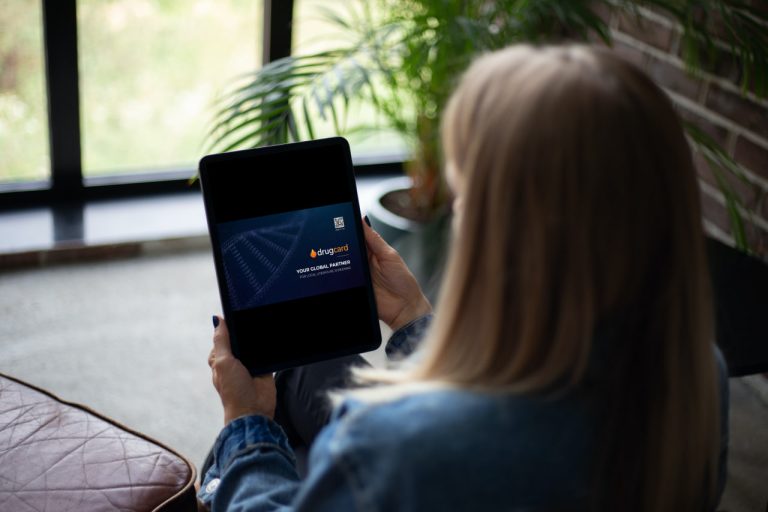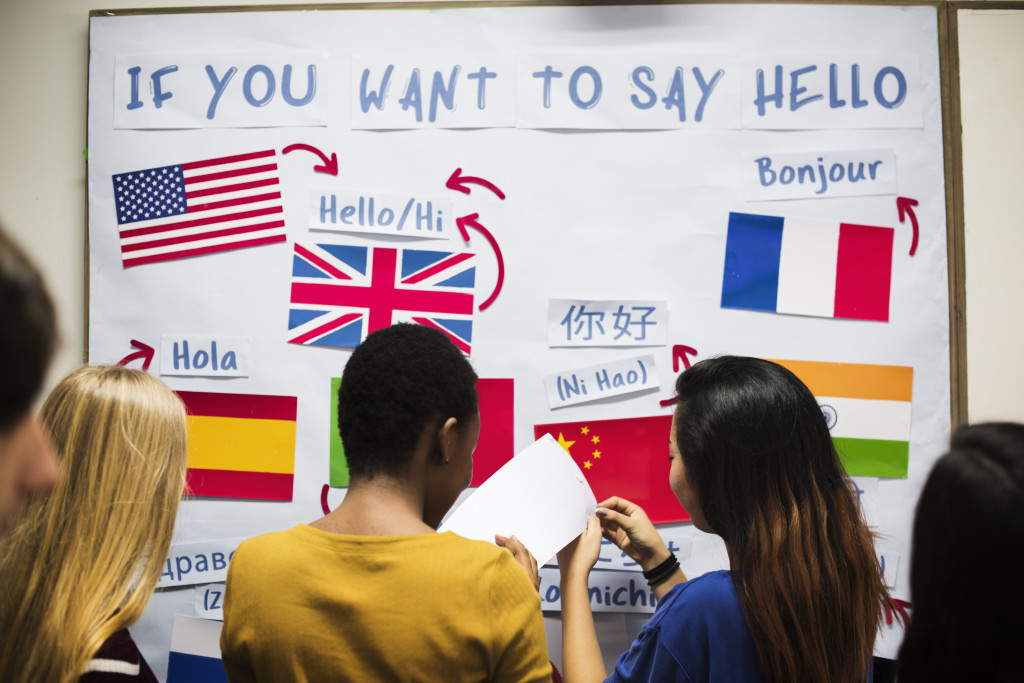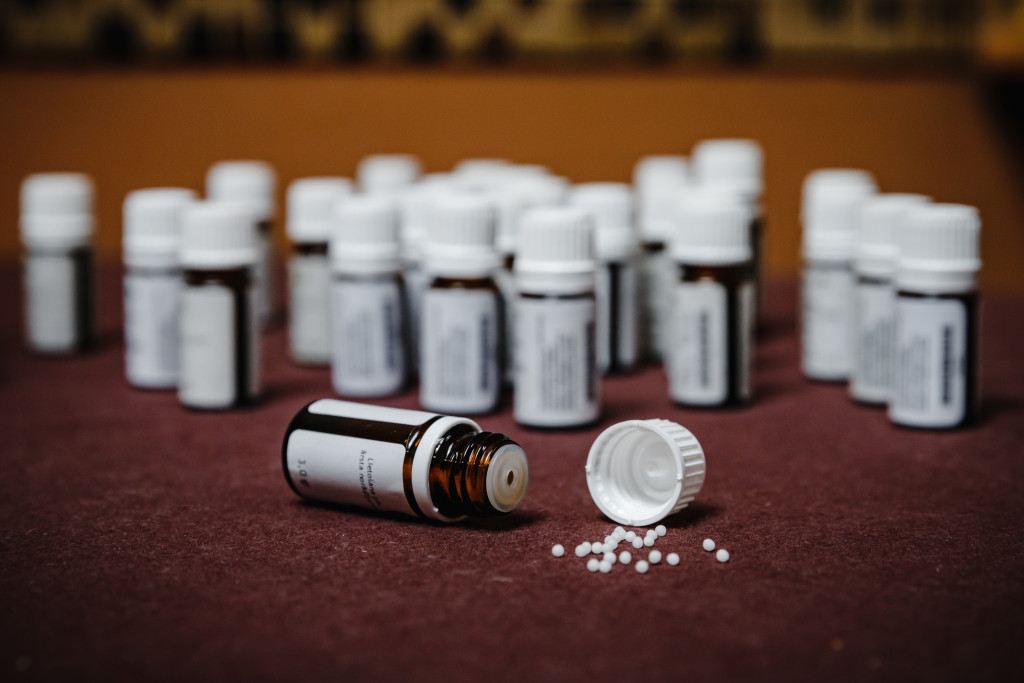QPPV and LPPV: The guardians of patient safety in pharmacovigilance
- 04/10/2023
In the vast pharmaceutical industry, groundbreaking drugs and innovative medical products emerge staggeringly. However, ensuring the safety of patients remains paramount. Pharmacovigilance is a critical component of the pharmaceutical industry, focused on monitoring and assessing drug safety throughout their lifecycle. Regulatory authorities worldwide mandate the implementation of robust pharmacovigilance systems. Pharmacovigilance specialists play a pivotal role in ensuring drug safety, with two critical positions standing out – the Qualified Person for Pharmacovigilance (QPPV) and the Local Person for Pharmacovigilance (LPPV). Many pharmaceutical companies have also turned to outsourcing to efficiently manage these critical roles while focusing on their core competencies. This article will explore the significance of these roles and the services they provide in safeguarding public health.
Qualified Person for Pharmacovigilance (QPPV)
The QPPV is a pivotal position in pharmacovigilance. They are responsible for overseeing and ensuring the effective operation of the pharmacovigilance system within a pharmaceutical company. The QPPV, often dubbed the “captain” of the pharmacovigilance ship, plays a multifaceted role that extends far beyond the confines of any one country or region. Their responsibilities are as global as the pharmaceutical industry itself.
Global oversight
Picture the QPPV as a watchful guardian, overseeing the safety of medicinal products across international markets. The QPPV takes a global perspective, monitoring the safety of medicinal products in all markets where they are marketed. This involves tracking adverse events, conducting risk assessments, and ensuring compliance with pharmacovigilance regulations in multiple jurisdictions.
Signal detection and evaluation
One of the core functions of a QPPV is to detect potential safety signals through the analysis of adverse event data. When signals are identified, they evaluate the data to determine if further action, such as labeling changes or additional studies, is necessary to ensure patient safety.
Regulatory Requirements
The QPPV is responsible for the timely and accurate submission of pharmacovigilance data to regulatory authorities. This includes the preparation of Periodic Safety Update Reports (PSURs), Risk Management Plans (RMPs), and other regulatory submissions. In the event of significant safety concerns, the QPPV steps into the role of crisis communicator. They liaise with regulatory agencies to discuss safety matters, devise risk mitigation strategies, and take necessary actions to protect public health.
Training and Quality Assurance
In the world of pharmacovigilance, quality is king. The QPPV ensures that everyone involved in these activities receives the necessary training and that the entire pharmacovigilance system operates in line with rigorous quality standards.
Local Person for Pharmacovigilance (LPPV)
While the QPPV takes on a global role as a sentinel, the LPPV acts as a vigilant guardian with a localized focus. The LPPV ensures that the pharmacovigilance activities within their jurisdiction comply with local regulations and requirements. This includes reporting adverse events to local health authorities on time. LPPVs are responsible for collecting and maintaining safety data specific to their region. This data is used to monitor the safety profile of products within their local market.
Moreover, the LPPVs often collaborate with healthcare professionals to gather information on adverse events and promote pharmacovigilance reporting awareness. If safety concerns or regulatory changes necessitate updates to product labeling, the LPPV works on implementing these changes in the local market. In coordination with the QPPV and the global pharmacovigilance team, the LPPV may implement risk minimization activities. These activities are tailored to address the specific needs of their region.
Boosting QPPV and LPPV efficacy through outsourcing
Maintaining an in-house QPPV can be expensive due to the required expertise and resources. Outsourcing allows pharmaceutical companies to tap into a pool of highly skilled and experienced QPPVs. These professionals are well-versed in international pharmacovigilance regulations and best practices. Outsourced LPPVs have a deep understanding of local regulations and requirements, making navigating the complex landscape of regional pharmacovigilance easier. Outsourcing LPPV services can expedite market entry by ensuring compliance with local regulations and fostering positive relationships with local healthcare professionals and authorities when expanding into new markets. Similar to QPPV services, outsourcing LPPV roles can offer cost savings compared to maintaining a whole in-house team, particularly in regions with unique and demanding regulatory environments.
Conclusion
In the world of pharmaceuticals, patient safety is paramount. Consequently, the services provided by QPPVs and LPPVs are integral to achieving this goal. While QPPVs offer a global perspective and ensure international compliance, LPPVs bring a localized focus that addresses the unique requirements of specific regions. Together, they form a dynamic partnership identifying and mitigating potential risks associated with medicinal products worldwide. These professionals are the guardians of patient safety, allowing pharmaceutical companies to innovate confidently and responsibly. Outsourcing these roles can offer cost-efficiency, expertise access, and scalability benefits, enabling companies to focus on their core competencies while ensuring the safety of their products in the global market.



